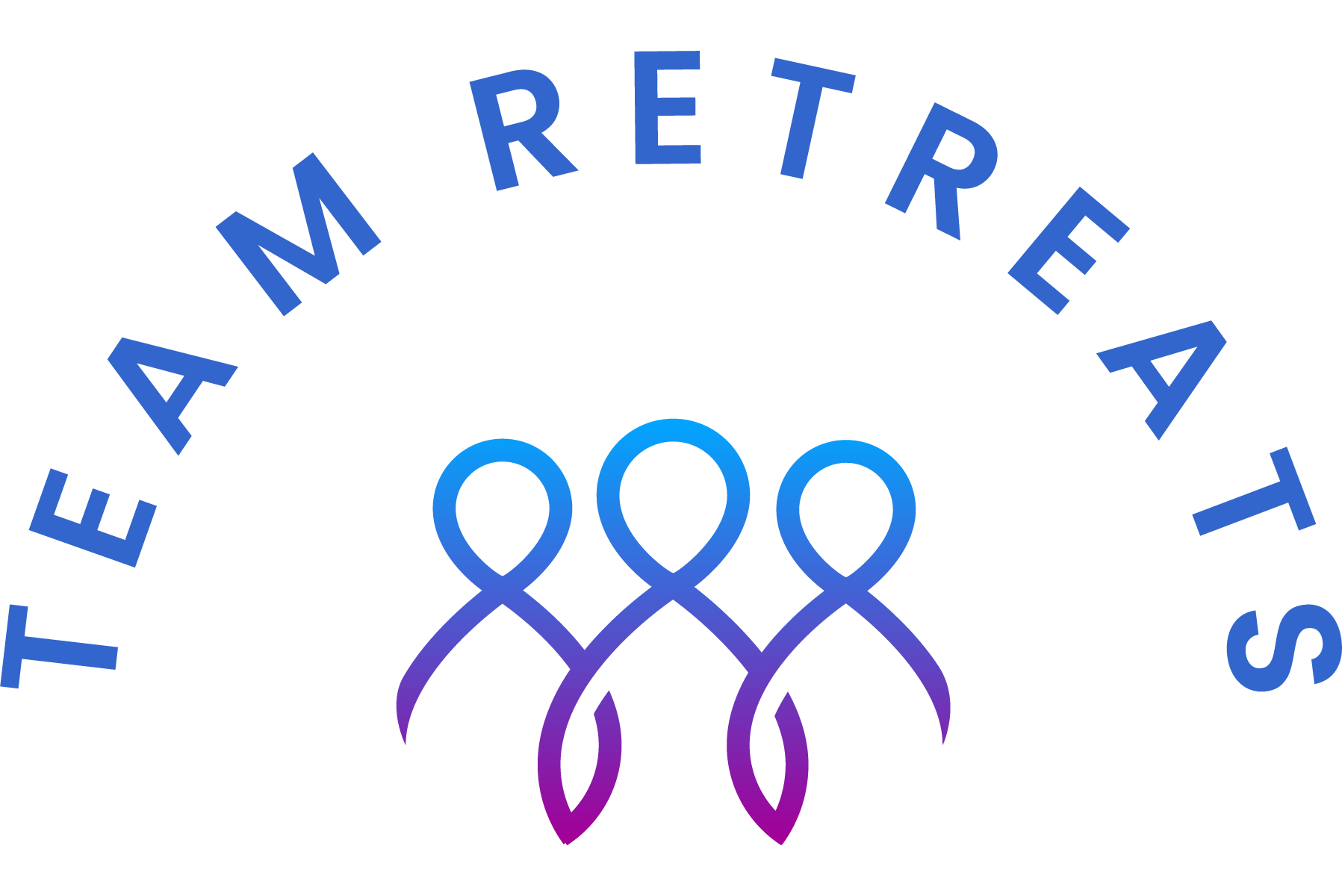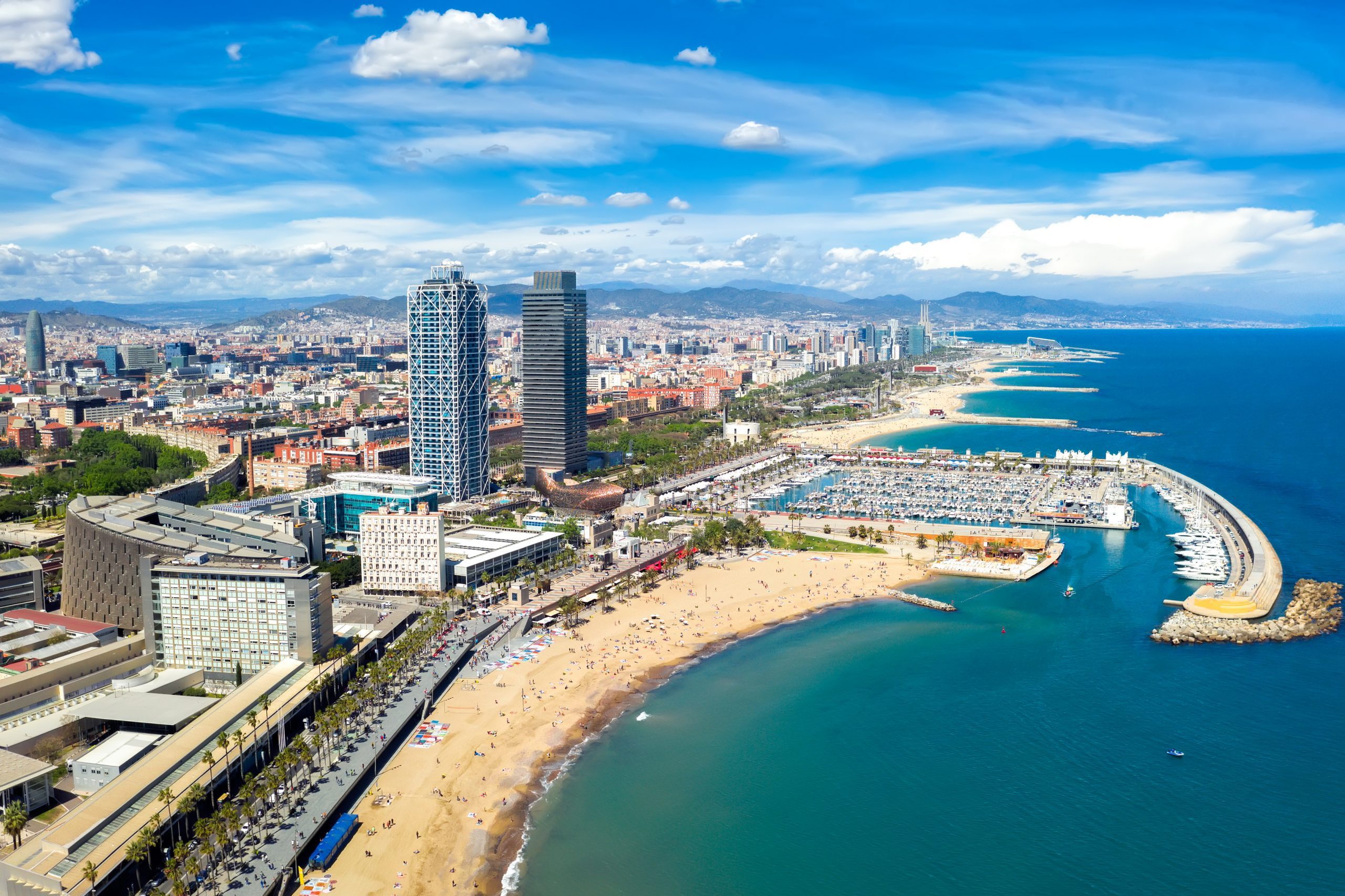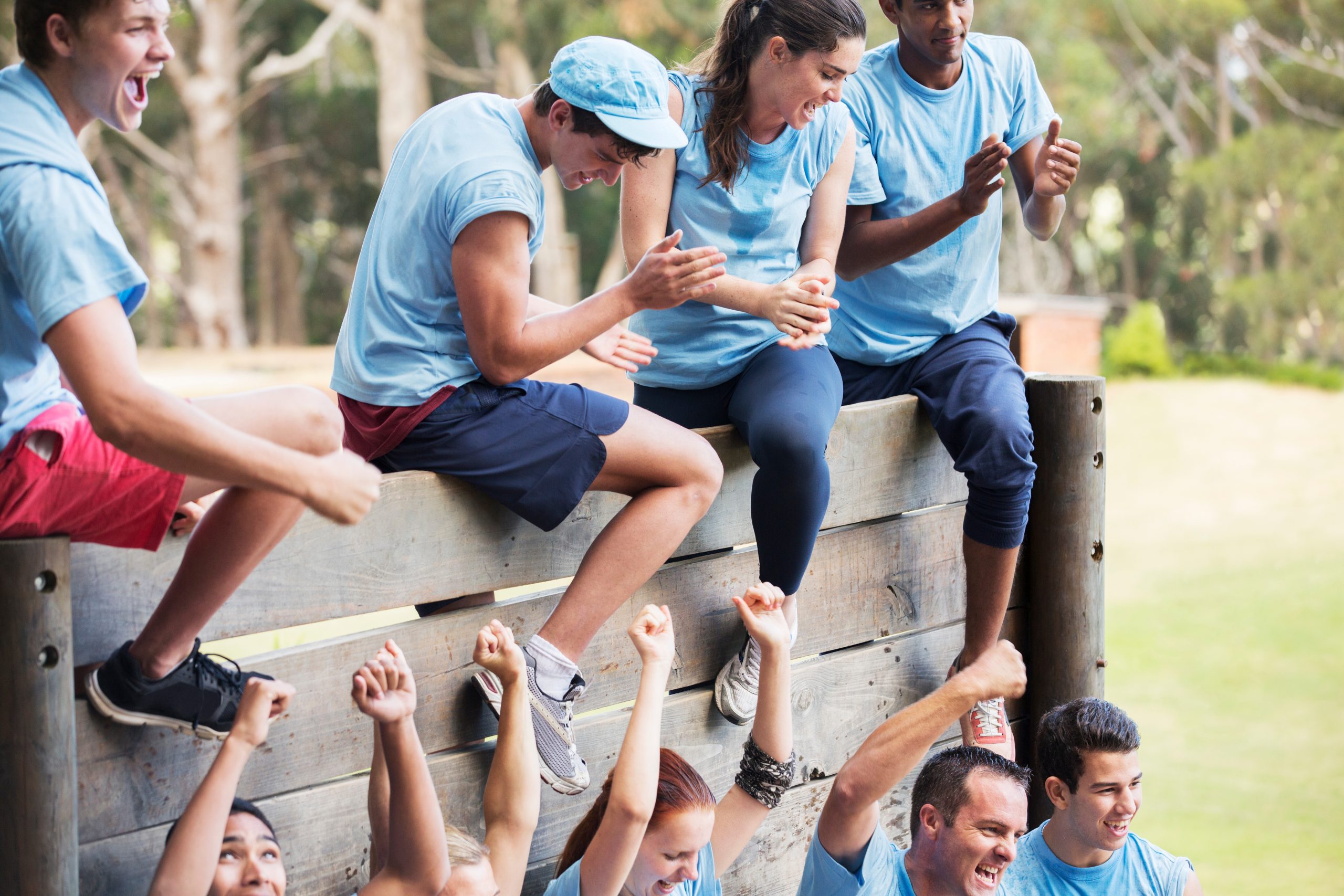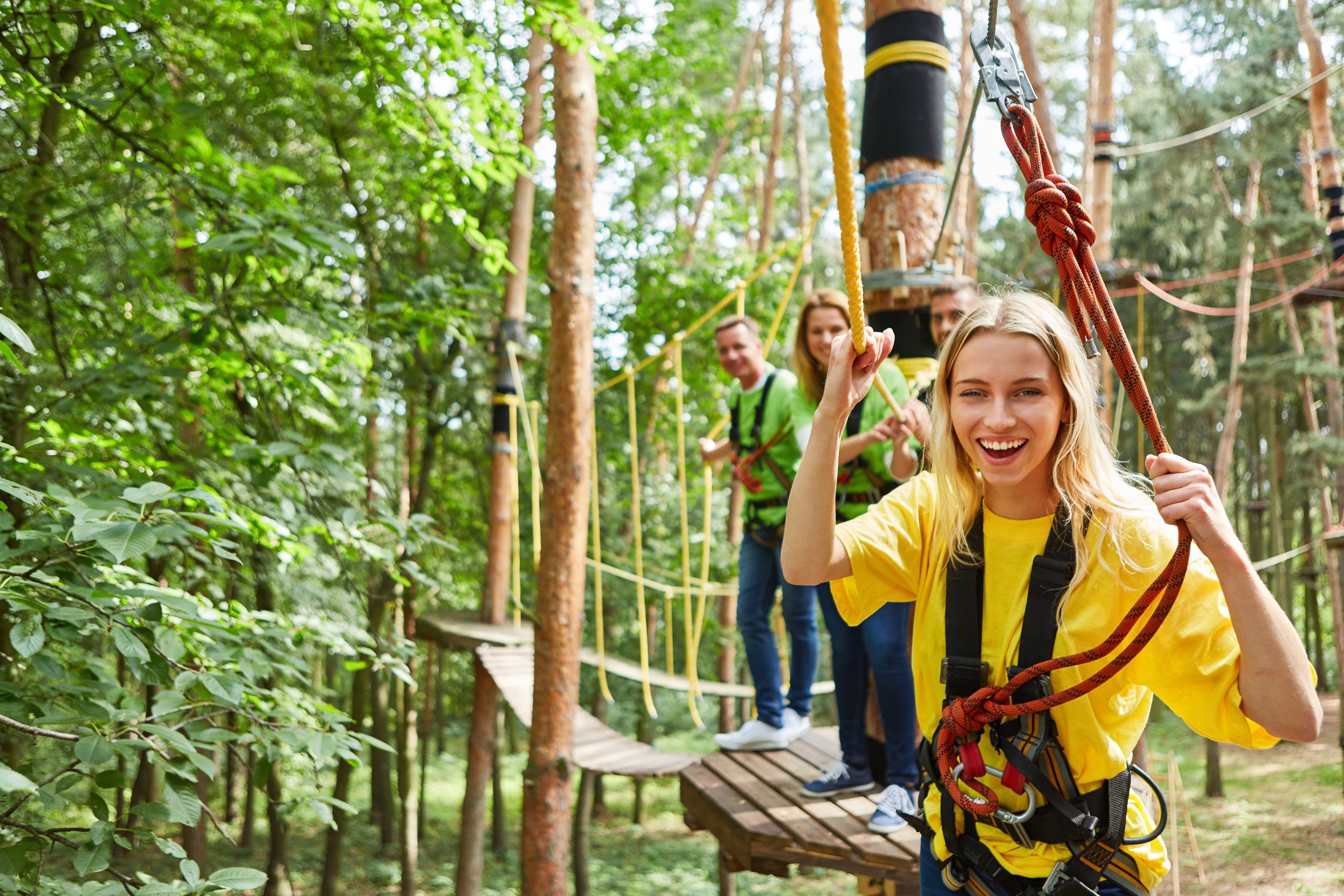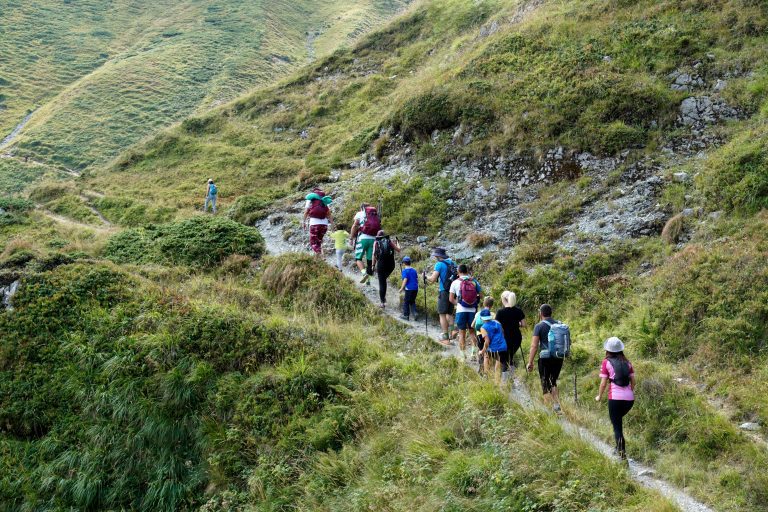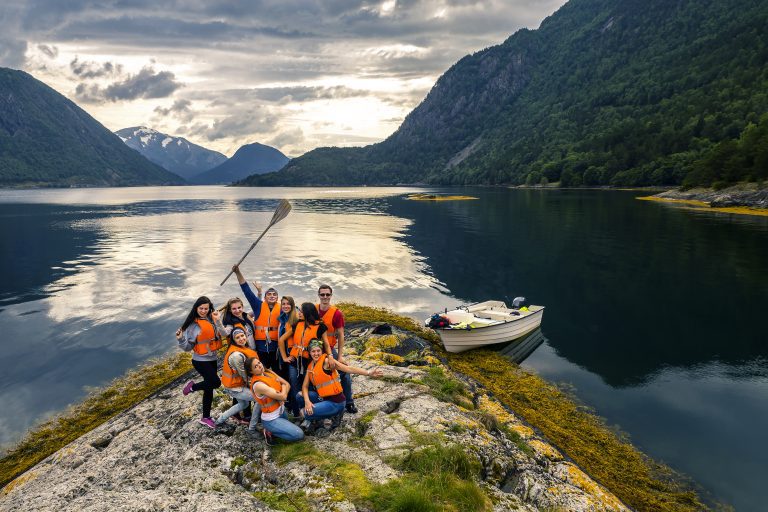In an era where the boundaries between work and leisure are becoming more and more indistinct, Team Retreats presents the ideal solution for businesses aiming to improve team dynamics in an environment that’s both enjoyable and effective. Our custom-designed retreats are crafted to encourage team unity, elevate productivity, and enhance well-being across diverse environments, ranging from cityscapes to verdant countrysides. Engage with us to explore how your team can blend work with pleasure, creating unforgettable experiences that translate into tangible results.
Why Choose a Tailor-Made Retreat?
Customization is Key: At Team Retreats, we believe that no two teams are the same. That’s why our retreats are customized to fit the unique needs and preferences of your team, ensuring an experience that is both meaningful and memorable.
Urban / City Retreats
Explore the vibrant streets of Europe’s most dynamic cities with our city retreats. Perfect for teams seeking inspiration and energy from urban environments.
Countryside Escapes
Reconnect with nature and your team in a serene setting with our countryside retreats. Visit our countryside page to discover the tranquillity and peace that our rural locations offer.
Maritime Adventures
From lakeside workshops to seaside brainstorming sessions, our maritime retreats combine work and water for a refreshing team-building experience.
Green and Sustainable
Commit to the environment while strengthening your team with our eco-friendly retreats. These sustainable options promote well-being and corporate responsibility.
Extreme Challenges
For teams craving adventure, our extreme retreats offer exhilarating experiences like volcanic expeditions that push limits and foster unity.
Customising Your Retreat: Making Every Detail Count for Your Team
Customisation is the cornerstone of a successful team retreat. At Team Retreats, we understand that each team has its unique dynamics, goals, and preferences. That’s why we place immense importance on personalising every aspect of your retreat experience to ensure it aligns perfectly with your team’s specific needs and objectives.
Understanding Your Team’s Unique Dynamics: The first step in customising your retreat is getting to know your team. We delve into understanding the team’s composition, work culture, and what drives your team members. Are they adventurous spirits, or do they prefer more intellectual and cultural pursuits? This initial profiling helps us tailor activities and experiences that resonate deeply with your team.
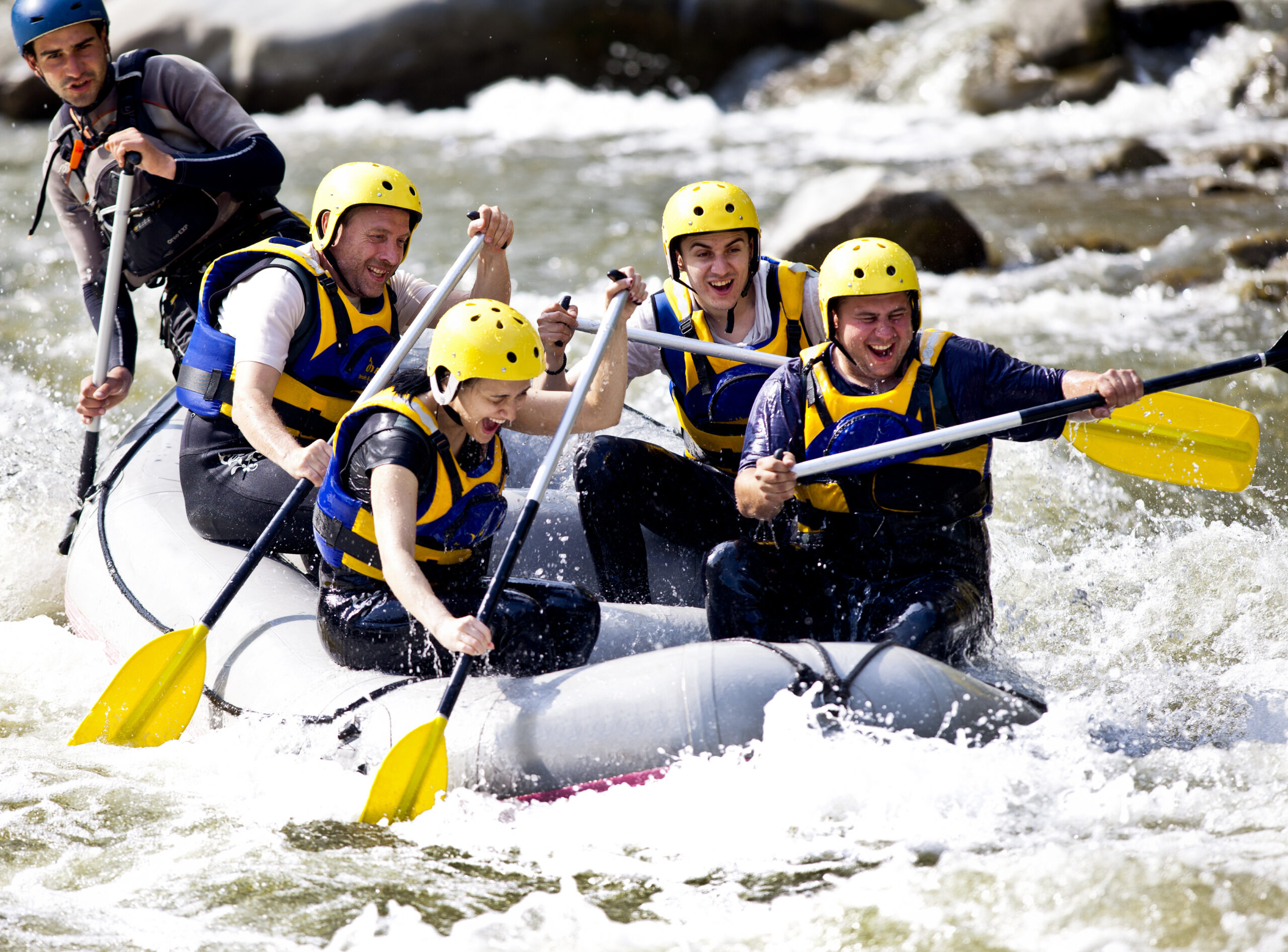
Aligning Activities with Goals: Whether the goal is to boost creativity, improve communication, or just unwind, the activities we plan are not random choices. They are carefully selected to align with your team’s objectives. For instance, if the aim is to foster innovation, we might suggest a hackathon in a city retreat or a brainstorming session in a serene countryside setting.
Personal Touches: It’s the little things that count. From personalise welcome kits to custom menus catering to dietary preferences, we ensure every detail reflects your team’s character. This attention to detail shows your team that they are valued, enhancing the overall experience.
Flexibility and Adaptability: We understand that plans can change. Therefore, we offer flexibility in our retreat planning. This adaptability ensures that even last-minute changes or requests can be accommodated, keeping the retreat experience stress-free and enjoyable.
Strategic Retreat Planning: Aligning Team Goals with Activities
Strategic retreat planning is pivotal in translating team goals into impactful activities. At Team Retreats, we meticulously design retreats to not only provide a change of scenery but also to drive tangible outcomes aligned with your team’s specific objectives.
Identifying Key Objectives: The essence of strategic retreat planning begins with identifying and understanding the key goals of your team. Whether it’s enhancing communication, fostering innovation, or building trust, each retreat is crafted to address these specific objectives. We engage in detailed discussions with team leaders to grasp the nuances of what the team aims to achieve.
Tailoring Activities to Goals: Once the goals are clear, the next step is to select activities that directly contribute to achieving these objectives. For example, if the goal is to improve problem-solving skills, we might incorporate challenging team-building exercises or outdoor survival challenges. Conversely, for teams focusing on creativity, activities might include brainstorming sessions in inspiring settings or innovative workshops.
Balancing Work and Leisure: Effective retreats strike a balance between work-focused activities and leisure. We carefully plan schedules that allow time for structured team-building exercises, as well as unstructured time for relaxation and informal bonding. This balance is crucial in ensuring that team members remain engaged and rejuvenated throughout the retreat.
Incorporating Feedback and Flexibility: Strategic retreat planning is an iterative process. We value feedback from previous retreats and integrate it into future planning. Flexibility is also key; recognising that dynamic team needs may require adjustments to the plan, even during the retreat itself.
Measuring Success: Post-retreat, we assess the success of the activities based on the predefined objectives. This evaluation helps in understanding the impact of the retreat and guides future planning.
In conclusion, strategic retreat planning at Team Retreats is a thoughtful process of aligning team goals with carefully chosen activities. By focusing on what the team needs to achieve and how best to accomplish these goals, we ensure that each retreat is not just a getaway, but a step forward in the team’s journey towards success.
Building Trust: Tailor-Made Activities for Deeper Team Connection
Building trust within a team is fundamental for effective collaboration and a positive work environment. At Team Retreats, we specialize in creating tailor-made activities designed specifically to strengthen the bonds of trust and forge deeper connections among team members.
Understanding Team Dynamics: The foundation of building trust is understanding the existing dynamics within the team. We begin by assessing the level of trust and openness in the team, which guides us in selecting the most appropriate activities. Whether it’s a new team still getting to know each other or an established group needing to rekindle their connection, our activities are customized to suit their specific stage of team development.
Trust-Building Activities: Our activities are designed to encourage vulnerability in a safe environment, an essential component of trust-building. Activities might include trust falls, blindfolded obstacle courses, or team challenges that require members to rely on each other’s strengths. These exercises not only break down barriers but also highlight the importance of dependability and support in a team setting.
Encouraging Open Communication: Open and honest communication is key to building trust. Our retreats include guided discussions and feedback sessions that encourage team members to express their thoughts and concerns openly. This fosters a culture of transparency and understanding within the team.
Shared Experiences: We believe that shared experiences, especially those outside the typical work context, significantly contribute to building trust. Whether it’s a group hike, a culinary team-building exercise, or a community service project, these shared experiences create lasting memories and a sense of unity.
Reflective Sessions: Post-activity reflective sessions are integral to our approach. These debriefings help team members understand the learning points from each activity and how these insights can be applied to their work environment to enhance trust and collaboration.
Continuous Development: Trust building is an ongoing process. We provide teams with tools and strategies to continue developing trust back in their workplace. This ensures that the benefits of the retreat extend beyond the event itself.
Feedback and Follow-up: Ensuring Long-term Impact Post-Retreat
Gathering Immediate Feedback: As the retreat concludes, we actively seek feedback from all participants. This immediate feedback is crucial for gauging the retreat’s effectiveness and understanding the team’s experiences and insights. Surveys, group discussions, and one-on-one conversations are utilized to gather comprehensive and honest feedback.
Analyzing Feedback for Insights: The feedback collected is meticulously analyzed to draw out key themes and learnings. This analysis helps in understanding what aspects of the retreat resonated most with the team, what could be improved, and how the experiences align with the retreat’s objectives. This insight guides not only the planning of future retreats but also provides valuable information for the team’s ongoing development.
Post-Retreat Follow-up Sessions: To reinforce the learnings and maintain the momentum generated during the retreat, we conduct follow-up sessions with the team. These sessions, held a few weeks or months post-retreat, are opportunities to revisit goals, discuss progress, and address any challenges encountered in implementing new strategies or behaviors in the workplace.
Providing Tools and Resources: Teams are provided with tools and resources to continue the development initiated during the retreat. This might include reading materials, online workshops, or actionable plans tailored to the team’s specific goals.
Long-Term Impact Assessment: To assess the long-term impact of the retreat, we engage in further follow-up months down the line. This assessment focuses on tangible outcomes such as improved team performance, enhanced communication, and sustained changes in team dynamics.
The feedback and follow-up process is an integral part of the retreat experience at Team Retreats. It ensures that the positive effects of the retreat extend far beyond the event, embedding lasting change and continuous improvement in team dynamics and performance.
Post-Retreat Follow-up: Customization doesn’t end with the retreat. We gather feedback to understand what worked and what can be improved. This helps in planning future retreats that are even more aligned with your team’s evolving needs.
